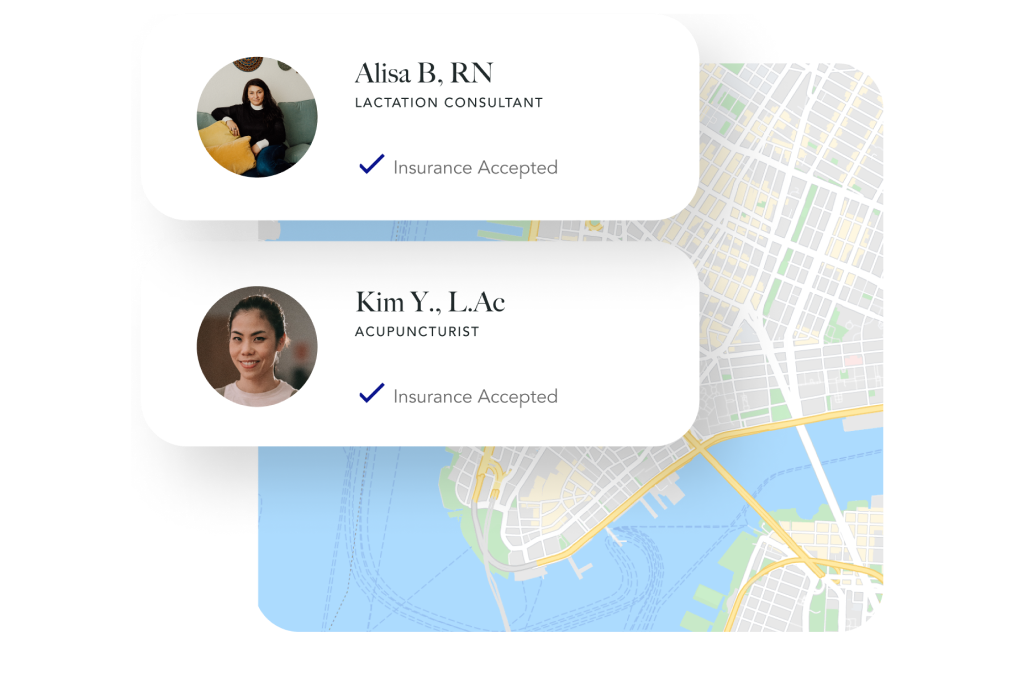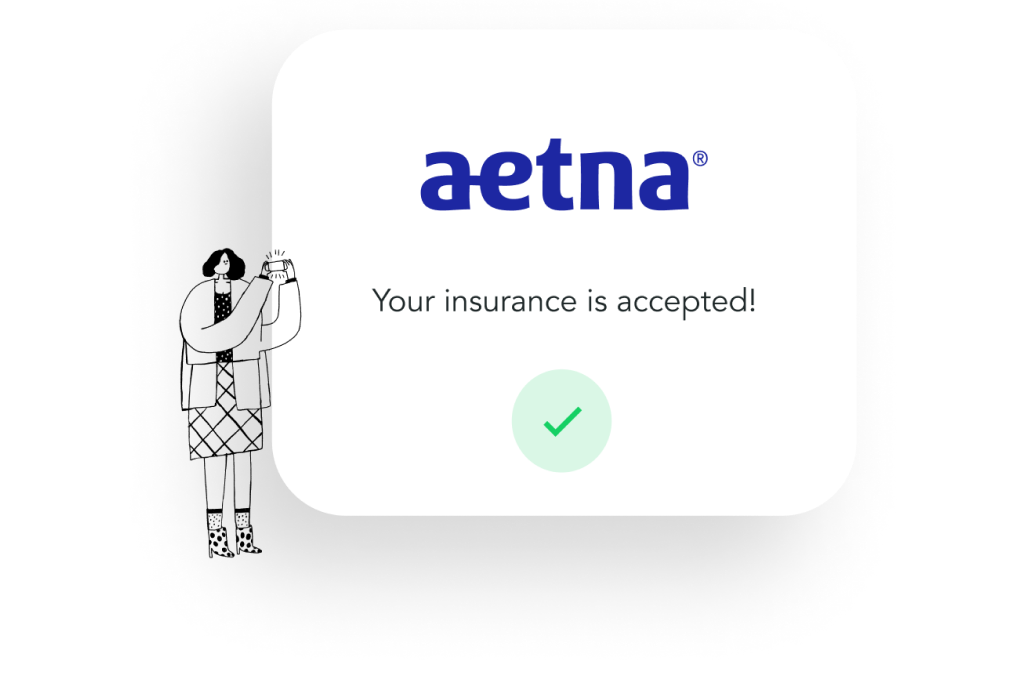
Our Specialties
Find A Renal Dietitians Near Me
90% of Zaya patients pay $0 for one-on-one nutrition counseling with a registered dietitian.
Find A Renal Dietitian Near MeBrowse our directory of renal dietitians —
and book your visit online using your insurance.

Find the right care for you.

Pay with your insurance.

Book your visit online.
Get a provider who gets you.
Our providers are nutrition experts and take the time to get to know you and your needs.
Real talk from real patients.
Have questions? We’ve got answers.
For more information about how Zaya works, check out our frequently asked questions.
View FAQsMore about kidney disease & our renal dietitians
What is kidney disease?
Kidney disease occurs when the kidneys are damaged and unable to function properly. This can lead to the accumulation of waste products and fluids in the body, resulting in various health complications.
Depending on the severity, treating kidney disease may require medication, lifestyle modifications, dialysis, or even kidney transplantation to manage its progression and maintain overall health. Early detection and appropriate management are crucial in preventing further damage and improving outcomes for individuals with kidney disease.
What causes kidney disease?
The causes of kidney disease can vary. Here are some of the common factors that can contribute to its development:
- Diabetes. High blood sugar levels in diabetes can damage the blood vessels in your kidneys, affecting their ability to filter waste and fluid effectively.
- High blood pressure. Uncontrolled hypertension (an average SBP ≥140 mmHg or an average DBP ≥90 mmHg) can damage kidneys by causing strain on the blood vessels and impairing their function.
- Glomerulonephritis. This condition involves inflammation of the kidney’s filtering units, called glomeruli, which can result from infections, autoimmune disorders, or other systemic diseases.
- Polycystic kidney disease. A genetic disorder characterized by cysts growing in the kidneys, gradually affects their function over time.
- Urinary tract problems. Conditions like painful kidney stones, urinary tract infections, or urinary system obstruction can contribute to kidney damage if left untreated.
- Other factors. Certain medications, prolonged use of nonsteroidal anti-inflammatory drugs (NSAIDs), recurrent kidney infections, and exposure to toxins or heavy metals can also cause kidney disease.
What are the symptoms of kidney disease?
Kidney disease can often go unnoticed in its early stages, making it crucial to recognize the potential signs and symptoms. Here are 10 common signs of kidney disease according to the National Kidney Foundation:
- Changes in urination. Frequent urination, blood in urine, foamy urine, or difficulty urinating.
- Fatigue. Persistent exhaustion and weakness, even when you are getting the necessary seven hours or more of sleep each night.
- Swelling. Swelling in the hands, feet, ankles, or face due to fluid retention.
- Loss of appetite. Decreased appetite and a metallic taste in the mouth.
- Difficulty concentrating. Impaired focus, mental clarity, and memory.
- Sleep problems. Insomnia, restless legs syndrome, or excessive sleepiness.
- Muscle cramps. Painful muscle cramps, particularly in the legs.
- Dry and itchy skin. Persistent itching, dryness, and skin rashes.
- Shortness of breath. Breathlessness and difficulty catching your breath.
- High blood pressure. Uncontrolled or difficult-to-control hypertension.
What are the risks of kidney disease?
Untreated kidney disease can pose significant risks to overall health. For example, here are some of the potential complications that you might experience if your kidney disease remains untreated:
- Cardiovascular problems. Kidney disease increases the risk of high blood pressure, heart disease, heart attacks, and strokes.
- Anemia. Damaged kidneys often do not produce enough erythropoietin, a hormone that stimulates red blood cell production, leading to anemia.
- Fluid retention. Kidney disease can impact your body’s ability to balance fluids, resulting in swelling in the legs, ankles, or other areas.
- Bone disease. Insufficient calcium and phosphorus levels can weaken the bones and increase the risk for fractures.
- Nervous system disorders. Accumulating waste products in the blood can cause cognitive impairment, difficulty concentrating, and nerve damage.
- Weakened immune system. Kidney disease weakens the immune system, making individuals more susceptible to infections.
- Malnutrition. Kidney disease can affect appetite and nutrient absorption, potentially leading to malnutrition.
- Kidney failure. Advanced stages of kidney disease may result in complete kidney failure, requiring dialysis or a kidney transplant for survival.
When to see a renal dietitian
When managing kidney disease, working with a renal dietitian can help optimize your diet and overall health. Renal dietitians specialize in tailoring dietary plans that benefit your kidneys and minimize complications.
Here are some situations where you should consider working with a renal dietitian:
- You have been diagnosed with chronic kidney disease (CKD). A renal dietitian can help create a personalized meal plan that aligns with your specific CKD stage. It will consider any nutrient restrictions, fluid management, and individual needs. Rest assured this doesn’t mean you’ll be limited to eating foods you dislike.
- You are on dialysis. Dialysis places additional demands on the body and requires specific dietary adjustments. A renal dietitian can guide you in maintaining proper nutrition while managing fluid and electrolyte balance.
- You have high blood pressure or diabetes. These conditions commonly coexist with kidney disease and require careful dietary management. A renal dietitian can help develop a plan that keeps your blood pressure under control and manages your blood sugar while keeping your kidneys healthy.
- You experience symptoms like decreased appetite, weight loss, or malnutrition. Kidney disease can affect appetite and nutrient absorption, causing you to lose weight even when you don’t want to. A renal dietitian can assess your nutritional status and provide strategies to address these concerns.
- You are considering a kidney transplant. Pre- and post-transplant nutrition plays a vital role in the procedure’s success. A renal dietitian can help optimize your nutritional status and support a healthy recovery.
How Zaya Care’s renal dietitian can help
When working with a renal dietitian, you can expect personalized guidance and support tailored to your specific needs. In the first appointment, the renal dietitian will conduct a comprehensive assessment of your medical history, current diet, lab results, and individual goals.
They will work with you to create a customized meal plan that considers your dietary restrictions, fluid management, and nutritional requirements. And, you’ll still be able to eat many of the foods you love.
During follow-up appointments, the renal dietitian will monitor your progress, evaluate any changes in your condition or lab results, and make necessary adjustments to your meal plan. They will provide ongoing education and support, addressing any concerns or challenges you may encounter.
A renal dietitian plays a crucial role in helping you understand and manage your dietary requirements, ensuring you receive adequate nutrition while minimizing the risk of complications associated with kidney disease.
Additionally, a renal dietitian is there to answer your questions, provide practical tips for meal preparation, and offer guidance on dining out or managing social situations.
>> Read more: 7-Day Meal Plan for Kidney Disease & CKD
Benefits of working with a Zaya Care renal dietitian
Working with a Zaya Care renal dietitian is a great option for those with kidney disease. Our dietitians provide personalized nutrition guidance tailored to your specific needs and medical history.
They are highly knowledgeable in kidney disease management, staying updated with the latest research and recommendations. Our dietitians offer ongoing support, education, and practical tips to help you maintain a healthy diet.
They work collaboratively with your healthcare team to ensure comprehensive care for your kidney disease management. With a Zaya Care renal dietitian, you receive expert guidance, personalized care, and the tools to improve your kidney health and overall well-being.




